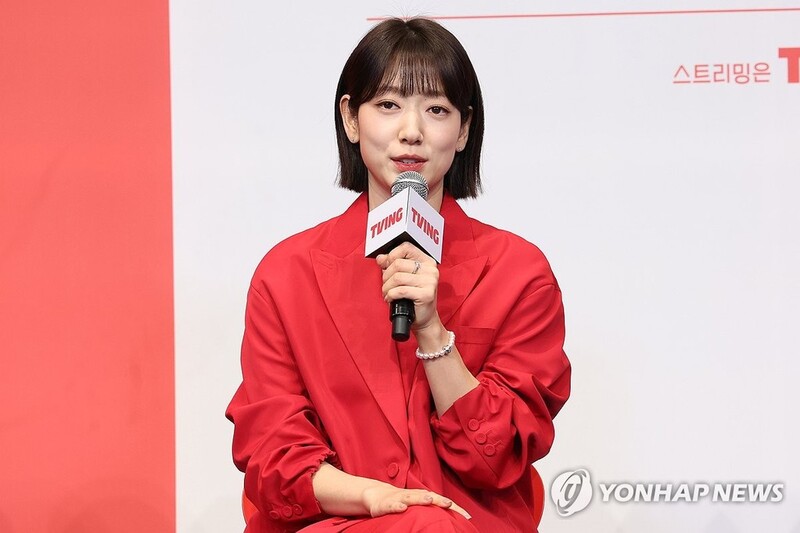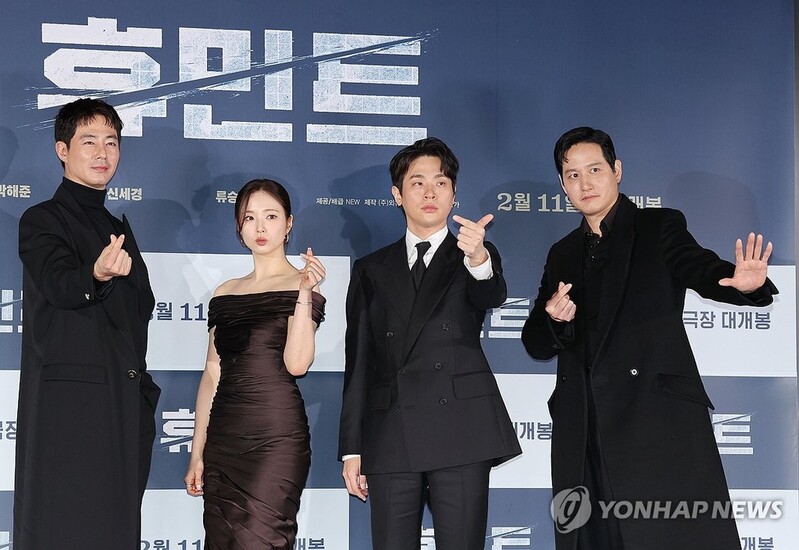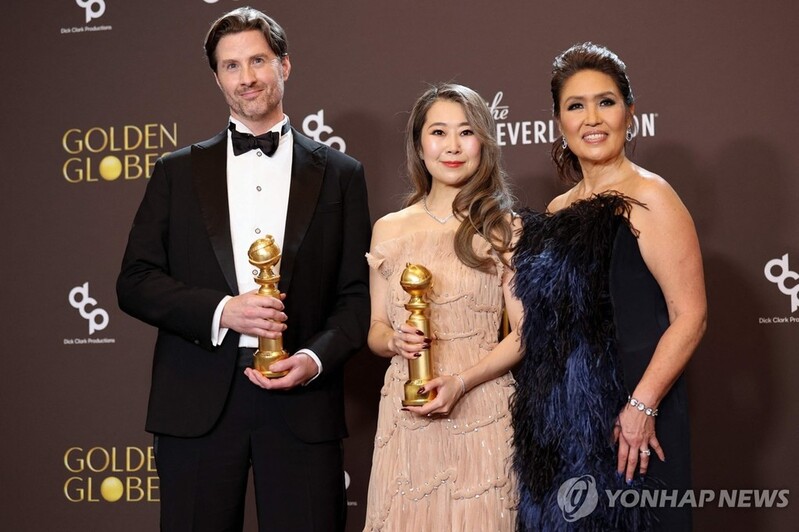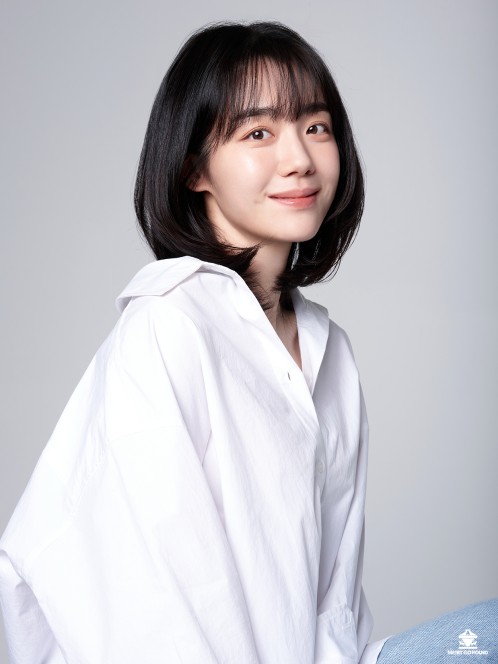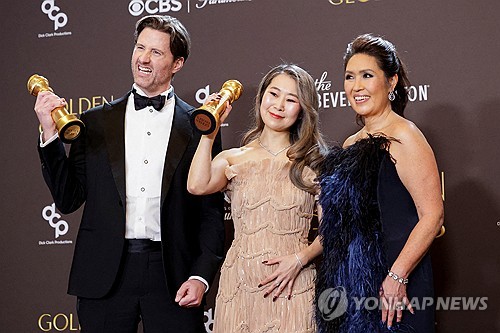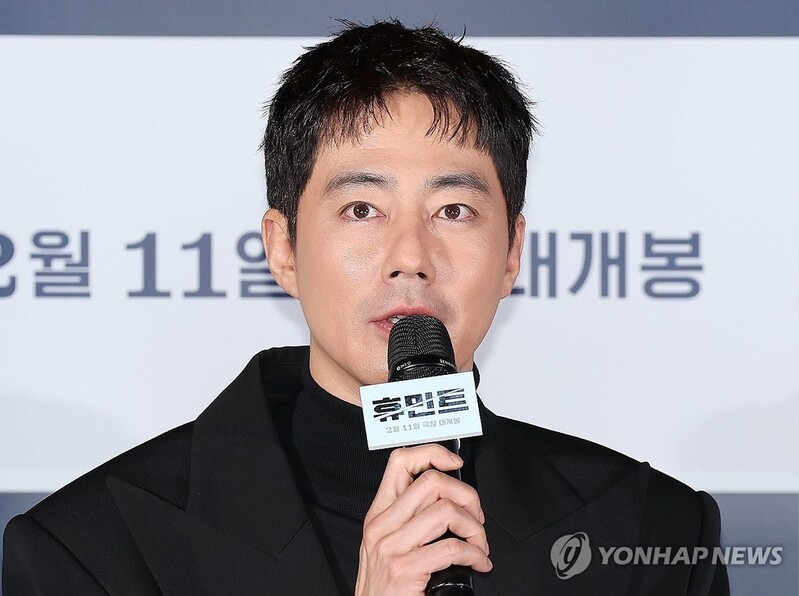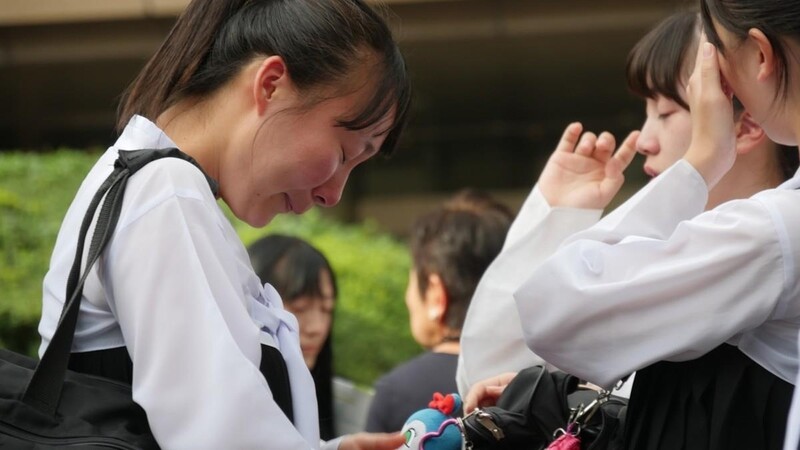 |
| ▲ This photo, provided by DIO Cinema, shows a scene from documentary 'Discrimination.' (PHOTO NOT FOR SALE) (Yonhap) |
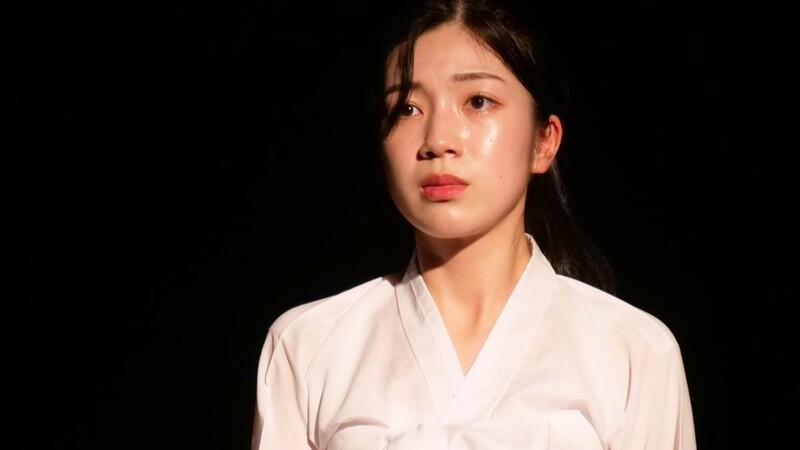 |
| ▲ This photo, provided by DIO Cinema, shows actress Kang Ha-na from documentary 'Discrimination.' (PHOTO NOT FOR SALE) (Yonhap) |
SEOUL, Mar. 10 (Yonhap) -- In 2010, Japan introduced its tuition waiver program for all local high schools, even foreign schools; nevertheless, the government made an exception only for the Choson gakkos, or those that have been founded by Koreans and were affiliated with the Korean Foundation of Korean Residents in Japan.
The government claimed that free subsidies afforded to Korean schools may be misappropriated by the pro-North Korea General Association of Korean Residents in Japan, abbreviated as Chongryon or Choson Soren, and other related organizations.
In response, five Choson gakkos in the major Japanese cities of Tokyo, Osaka, Hiroshima, Nagoya, and Kyushu filed lawsuits against the government. They claimed that their exclusion was a disposition solely based on political reasons and undeniable discrimination against Korean society in Japan. In 2017, the Osaka District Law came to rule in favor of these Korean schools in the very first trial. Nevertheless, the initial ruling was at last overruled by the highest Supreme Court of Japan with ultimate judicial authority to decide questions of national law.
The upcoming documentary film “Discrimination” captured the two-year-long legal battle of the Choson gakkos, which were unlawfully ruled out from the Japanese tuition waiver program that was initially organized for every high school. The film takes a close look at the litigation process from the very first trial of the Osaka Choson gakko in July 2017 to the last lawsuit of the Korean school in Kyushu in April 2019.
The film delves deeper into these lawsuits, which may seem like a lonesome and abandoned fight of those Korean schools against the Japanese government and discrimination that actually was a battle involving countless Korean-Japanese residents as well as local civic groups and lawyers.
The documentary claims that their legal fight was a part of the long and exhausting process of changing the deep-rooted discrimination toward Choson gakkos and also a cry for the basic and universal right of receiving an education without discrimination.
“Discrimination only sows the seed of nothing else than another discrimination. There is no one in this entire world who should be discriminated against,” insisted actress Kang Ha-na during her speech.
Kang Ha-na, who played the role of Jung-min in the 2017 documentary film “Spirits’ Homecoming, Unfinished Story,” is a graduate of a Korean school in Japan. She serves as a spokesman for the students of Korean schools with a clear voice.
The documentary will capture the daily lives of the students of Korean schools that have been living the history for 70 years since the end of Japanese colonialism in 1945.
ISKRA21, an independent film company in Busan, has been in charge of producing the film.
Kim Ji-woon, CEO of ISKAR21, explained the background of the film during the press conference on Thursday, saying, “The fierce and tearful lawsuits did not actually receive much attention from the local media outlets in Korea at that time,” adding, “As soon as I became aware of these lawsuits, I immediately thought that I should record it and let more people know.”
Co-director Kim Do-hee also shared her thoughts, saying, “As the teacher said in our film, Japanese are the ones who harass Koreans the most, but it was also them who helped the students the most”
The G-rated, 90-minute-long documentary will be hitting local theaters on Mar. 22.
(This article is translated from Korean to English by Ha eun Lee)
(END)
(C) Yonhap News Agency. All Rights Reserved







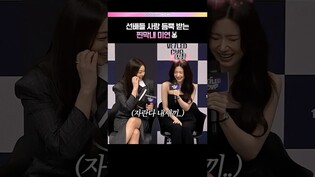


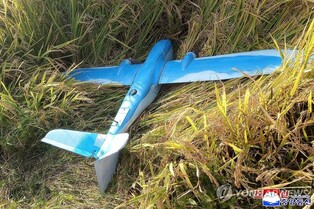
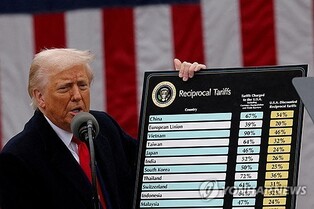

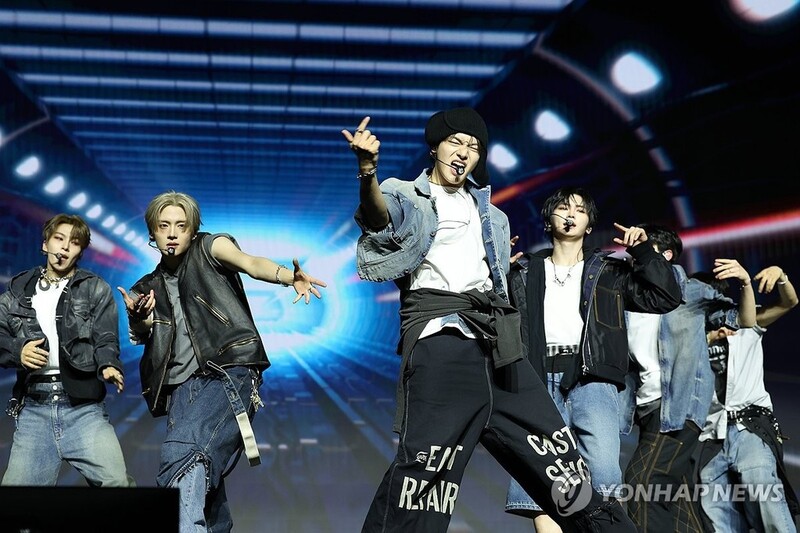


![[가요소식] 지드래곤, 中 QQ뮤직 '올해의 K팝 앨범' 수상](https://korean-vibe.com/news/data/20260112/1768207788_yna1065624915979655_960.jpg)

